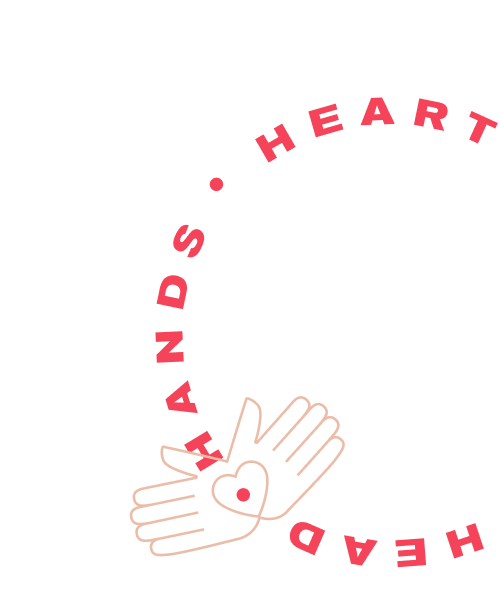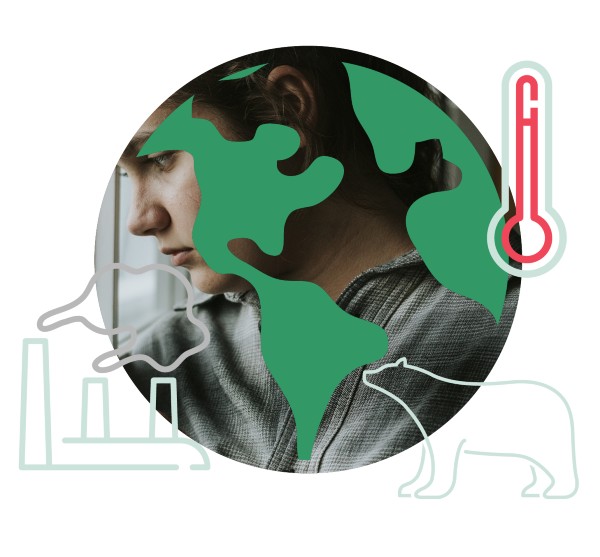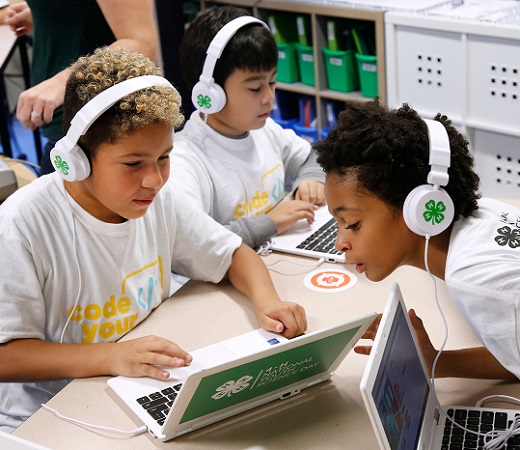Teen Perspectives

Hear directly from teens
National 4‑H Council conducted in-depth surveys to capture insights about what young people are thinking, saying and doing about issues, attitudes and trends that are shaping them today and tomorrow. These results help us keep a finger on the pulse of teen perspectives and inform the work we do.
Artificial Intelligence (AI) Use & Understanding Survey
Working together with Hart Research and supported by Microsoft, National 4-H Council examined teen and tween use of artificial intelligence (AI) technology, specifically generative AI tools such as ChatGPT.


Teen environmental impact survey
Working together with The Harris Poll, National 4‑H Council wanted to better understand how teens feel about the environment. Nationally, we surveyed a diverse group of 1,500 teens from 13-19 years old exploring their concerns about — and commitment to — protecting the environment. Our goal was to represent their unique voice and create a conversation about their evolving relationship with the outdoor world.
4‑H teens & racial injustice survey
New Survey Finds That 83 Percent of Teens Acknowledge That Systemic Racism is an Issue and They Want to be Included in the National Conversation Around Social Justice
National 4‑H Council commissioned a survey to gain a deeper understanding of teens perspectives on racism and their opinions on the current protests and social justice movement. The survey was conducted online from July 2 to July 9, 2020 with 1,000 respondents ages 13-19.


4‑H youth mental health survey
National 4‑H Council commissioned a survey to explore teens’ perceptions and experiences around mental health. The survey, which polled over 1,500 diverse youth ages 13-19 nationwide, explored the role of resilience in mental health along with gathering youth perspectives on the state of mental health issues in their community and the nation.
4‑H youth healthy habits survey
A survey commissioned by National 4‑H Council explores teen perceptions around health and nutrition. The survey, which polled over 1,500 diverse youth between the ages of 13-19 nationwide, investigated youth perceptions on the topics of food access, nutrition and health equity.


4‑H & Microsoft digital impact survey
National 4‑H Council and Microsoft teamed up to explore digital access among teens through a national survey. The survey, which polled over 1,500 youth between the ages of 13-19 nationwide, investigated how lack of broadband internet access affects their social mobility and economic opportunities.












